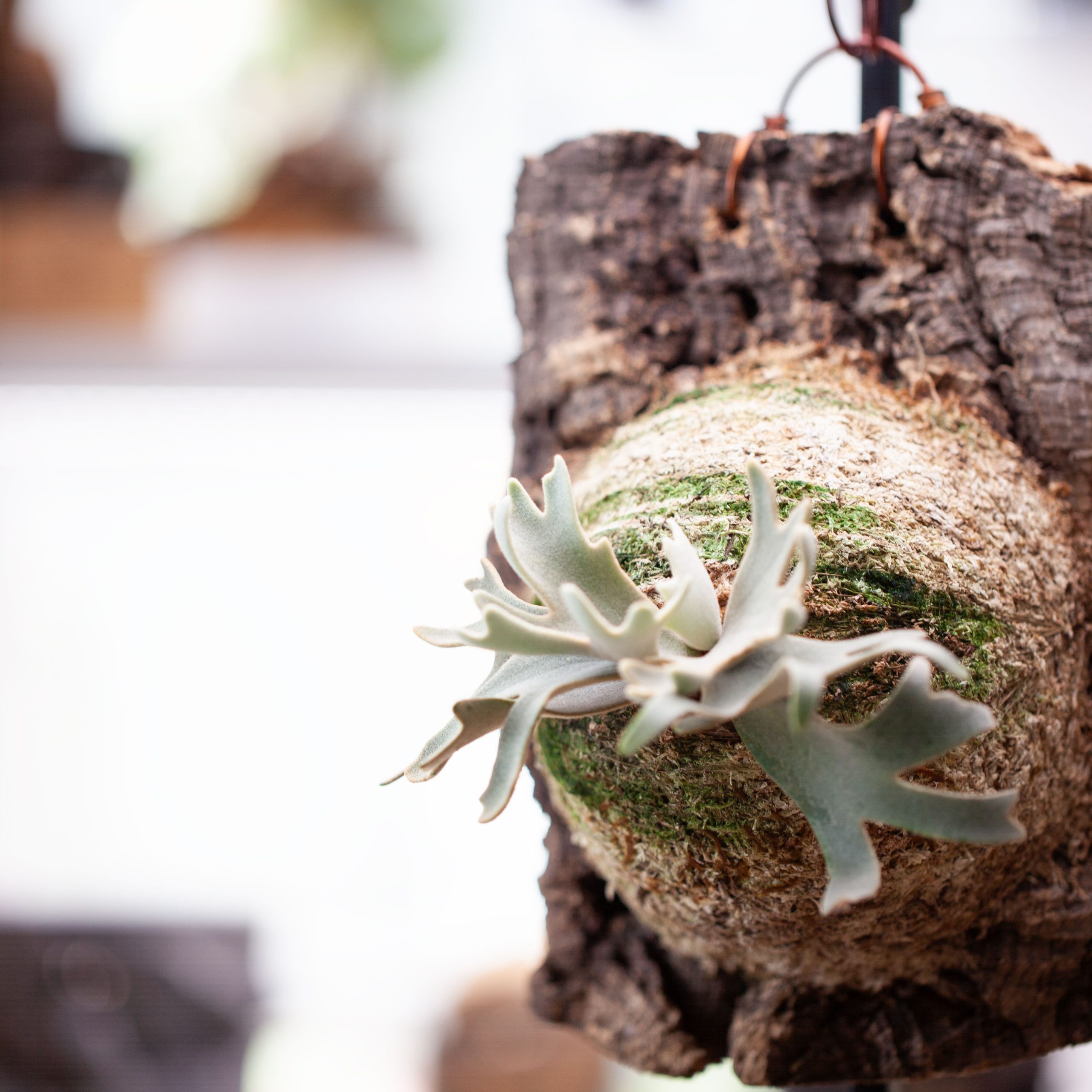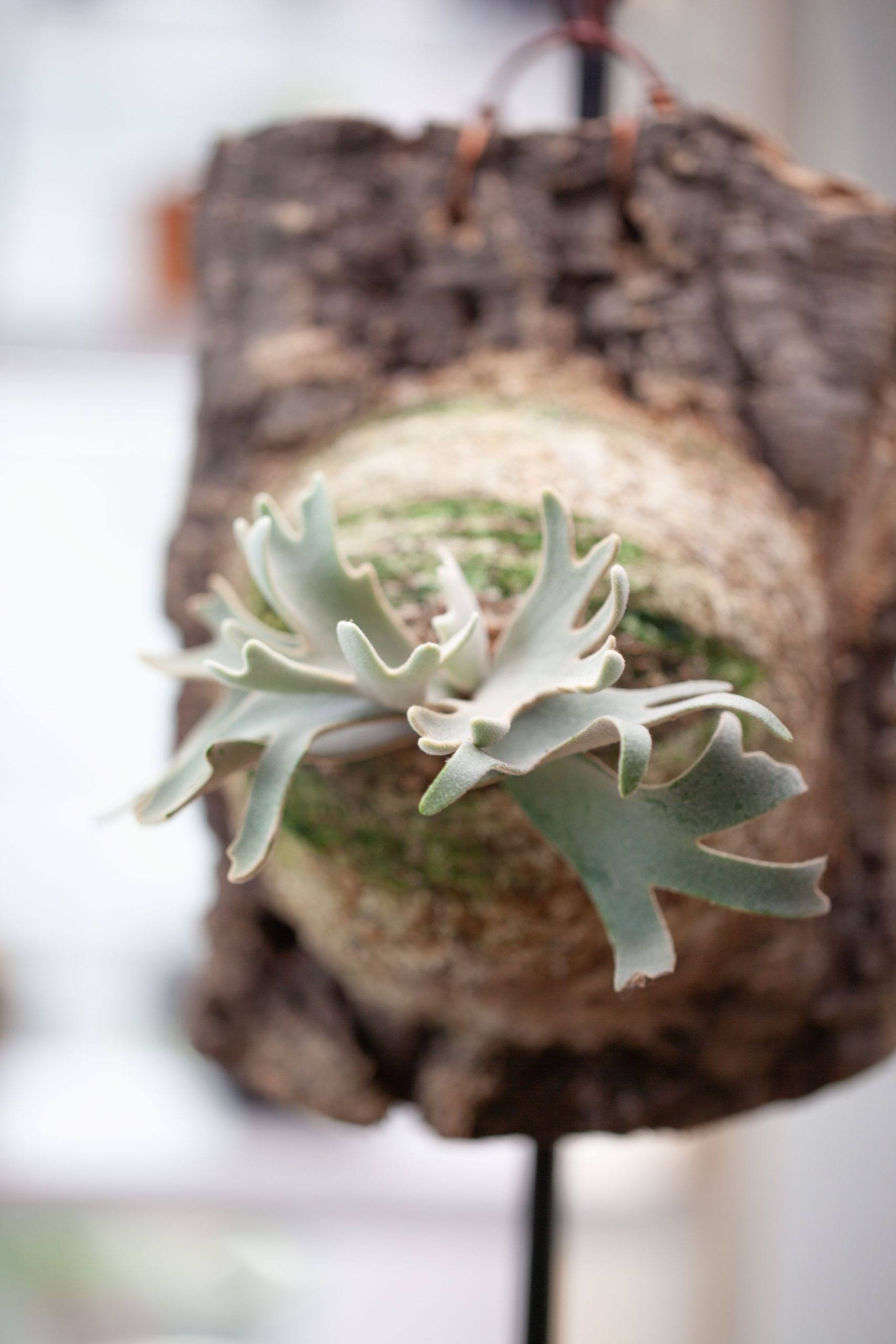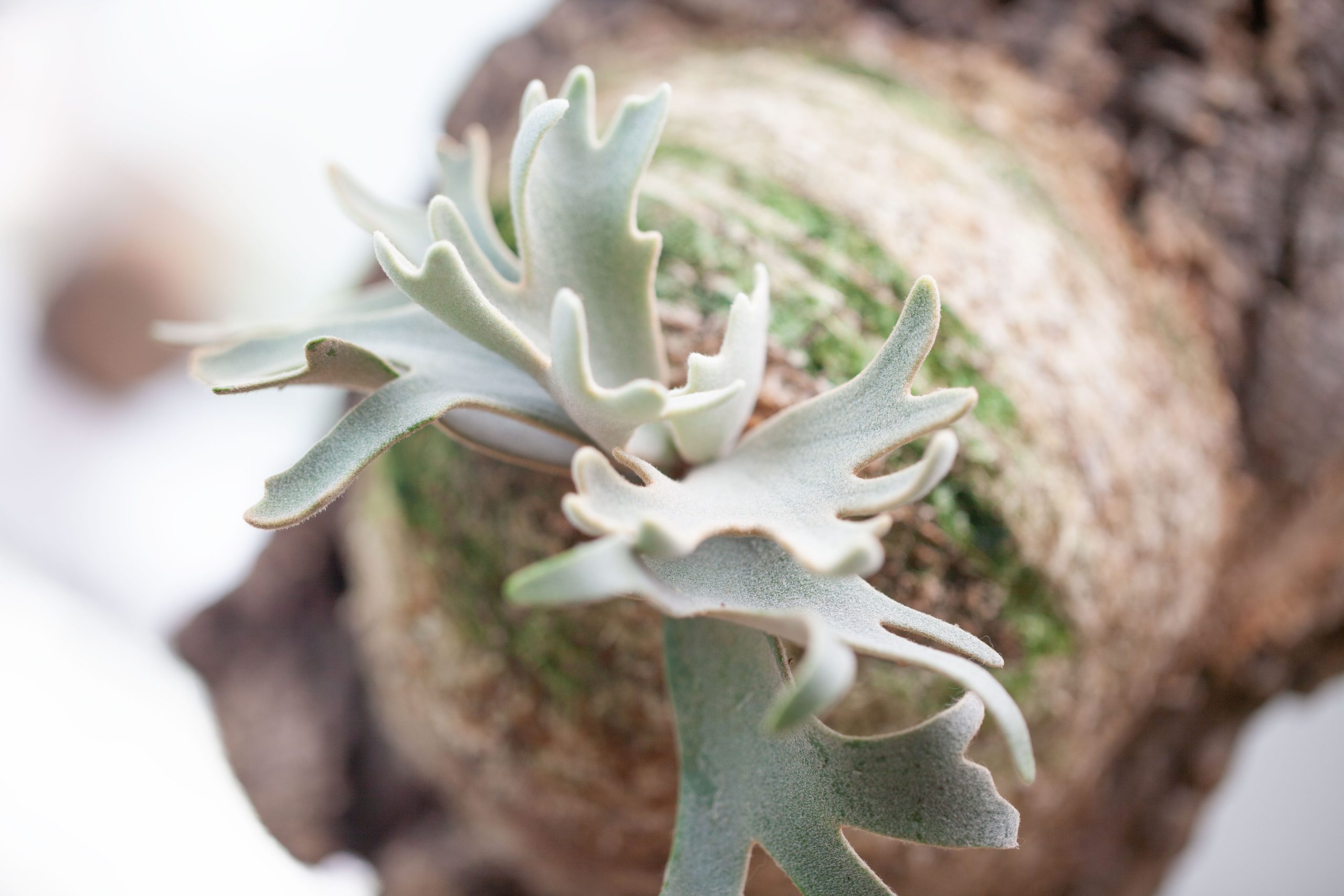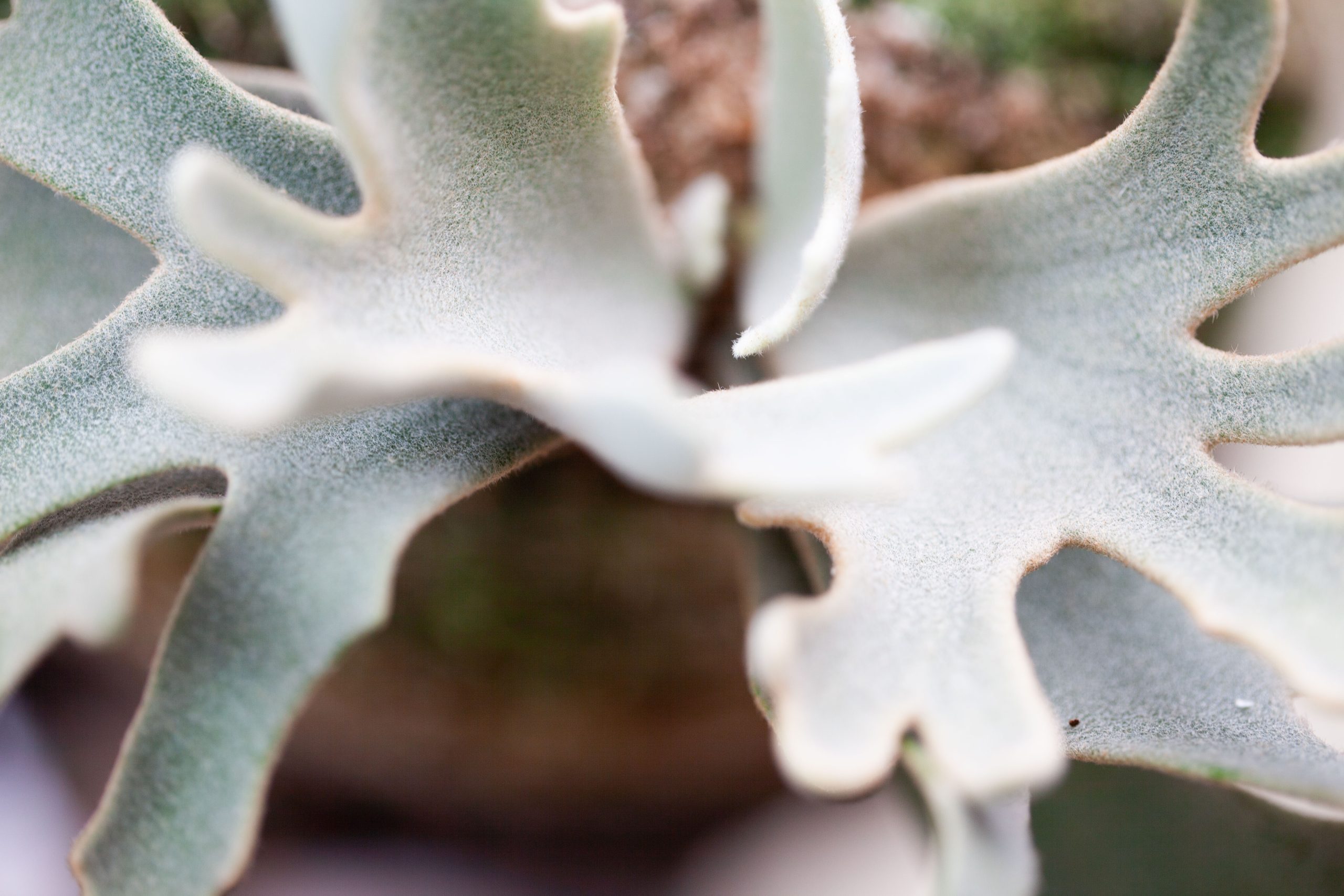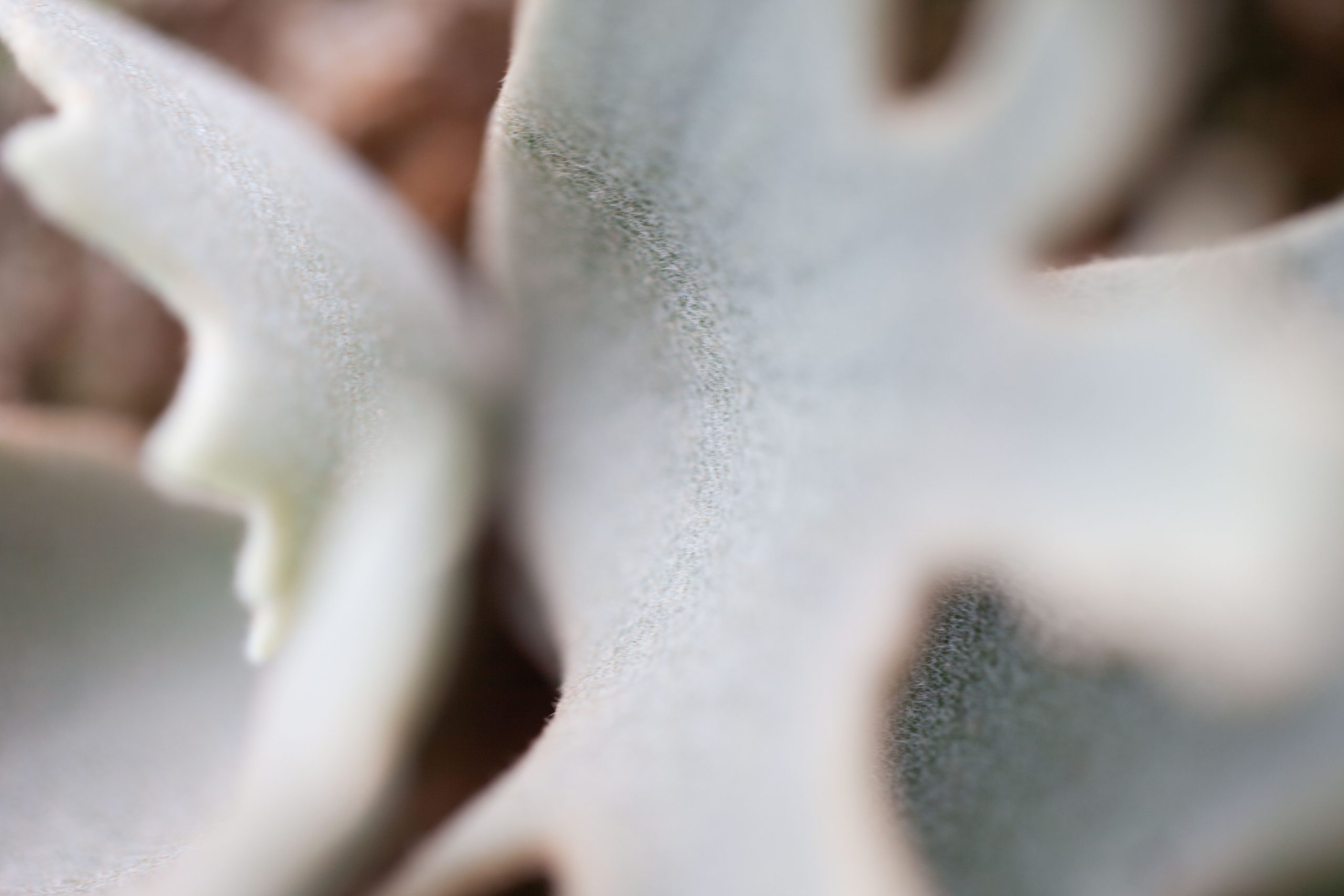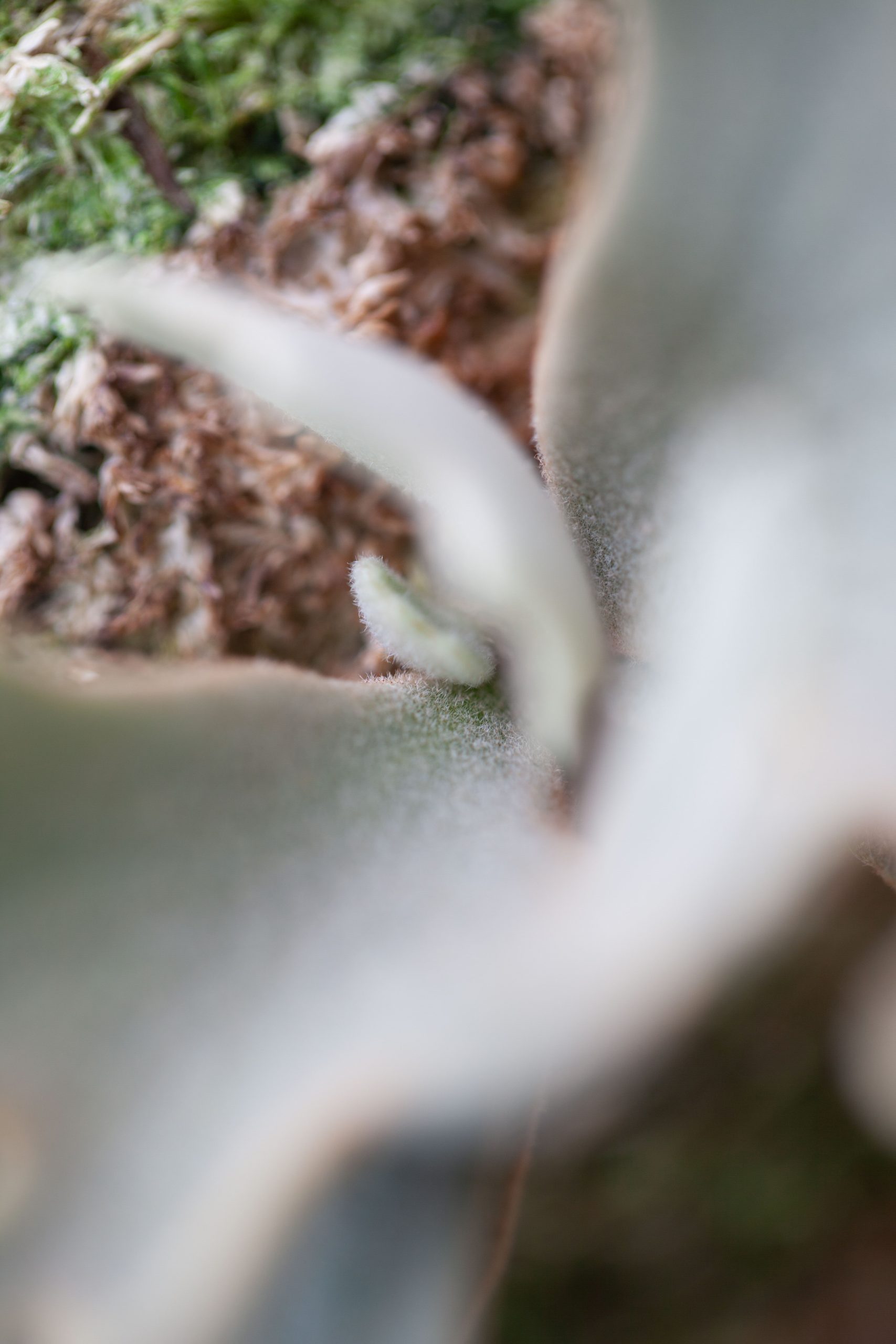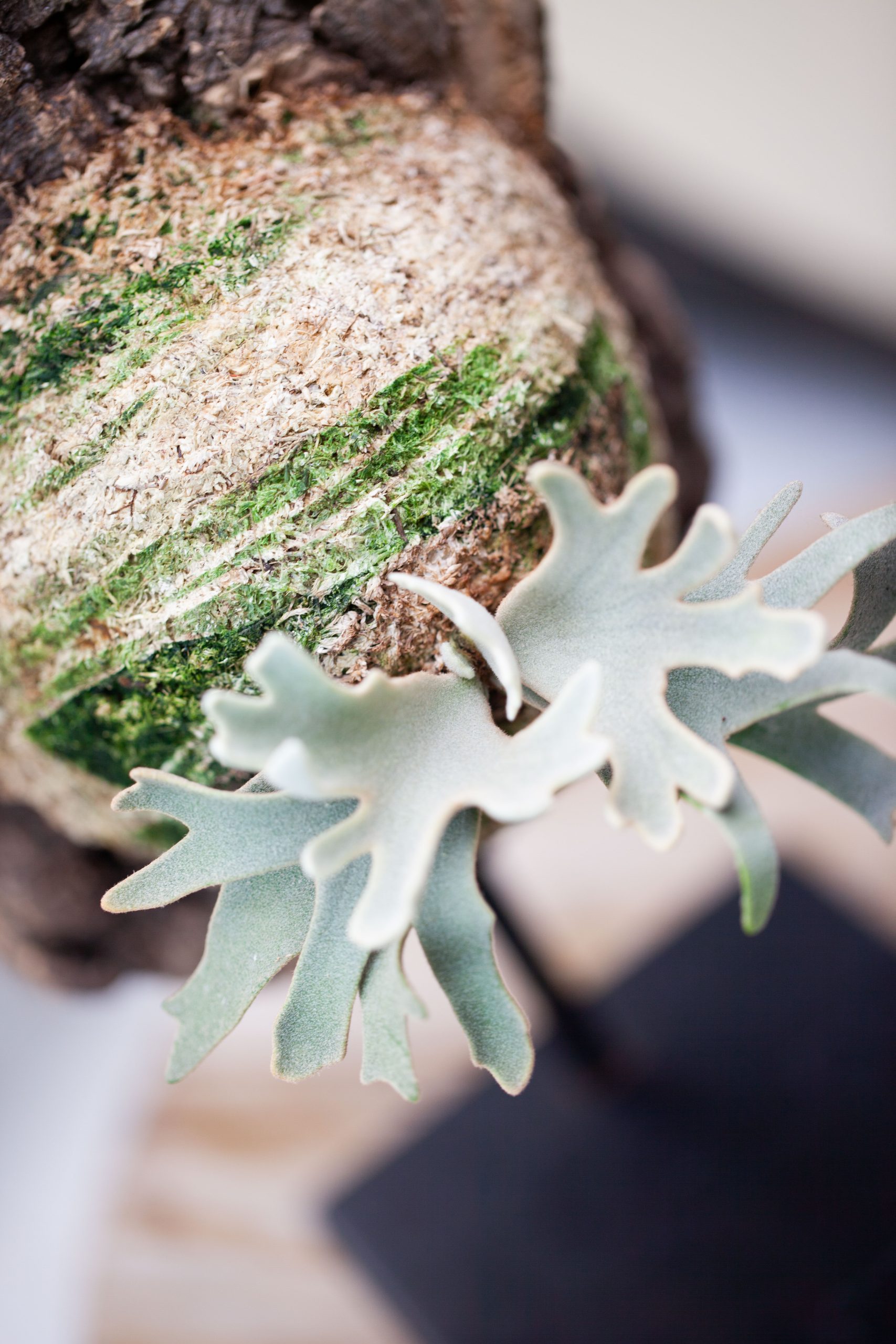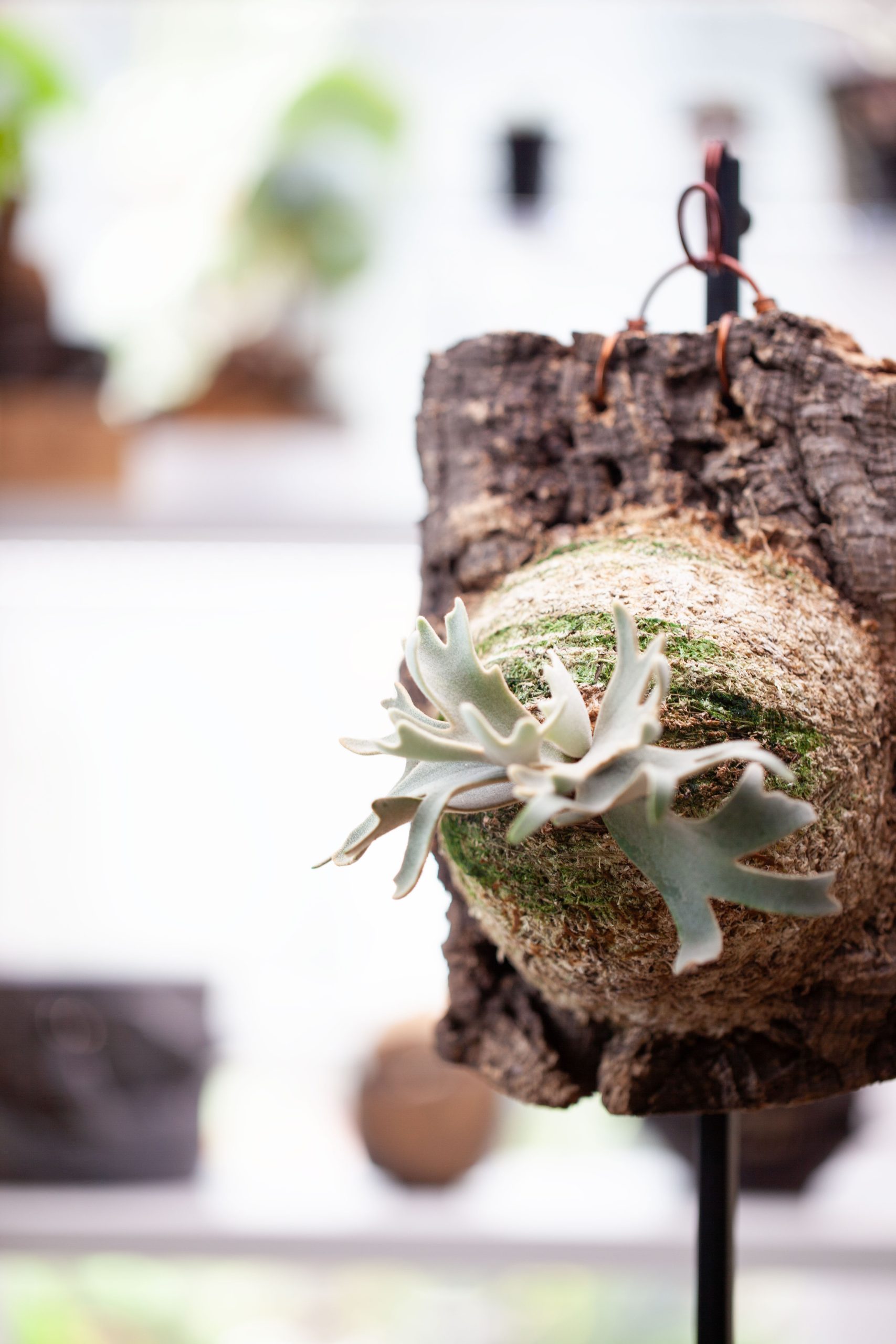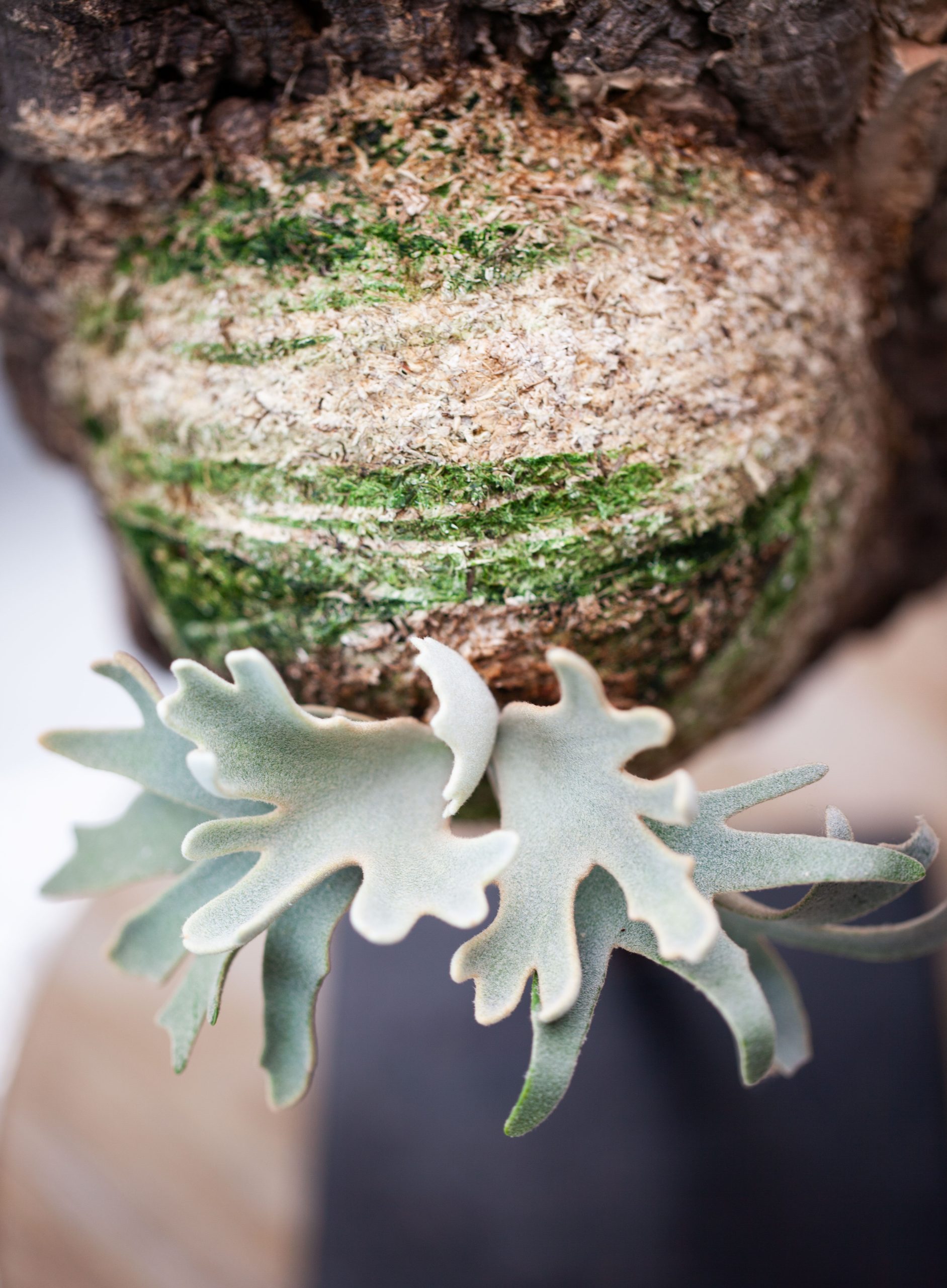Platycerium willinckii 'Nano'
Description
🧬 Family
Polypodiaceae
🌿 Subfamily
-
🌱 Genus
Platycerium
🔎 Species
P. willinckii
✨ Cultivar / Variety
'Nano'
📍 Native Habitat
Cultivar of a species native to Southeast Asia, especially Indonesia (Java, Sumatra)
Plant Care difficulty
⭐⭐⭐☆☆ (Challenging)
Platycerium willinckii cv. ‘Nano’ is a compact cultivar of the elegant willinckii species, loved for its petite size and refined, narrow antler-like fronds. Despite its smaller scale, ‘Nano’ keeps the dramatic flair of its parent species—long, arching fertile fronds with silvery fuzz and graceful curves. The basal fronds are neatly layered and form a tidy shield, often showing hints of scalloping at the edges.
Perfect for small spaces or collectors looking to add a rare gem to their staghorn collection, ‘Nano’ thrives when mounted and given high humidity and filtered light.
#PlatyceriumWillinckii #PlatyceriumNano
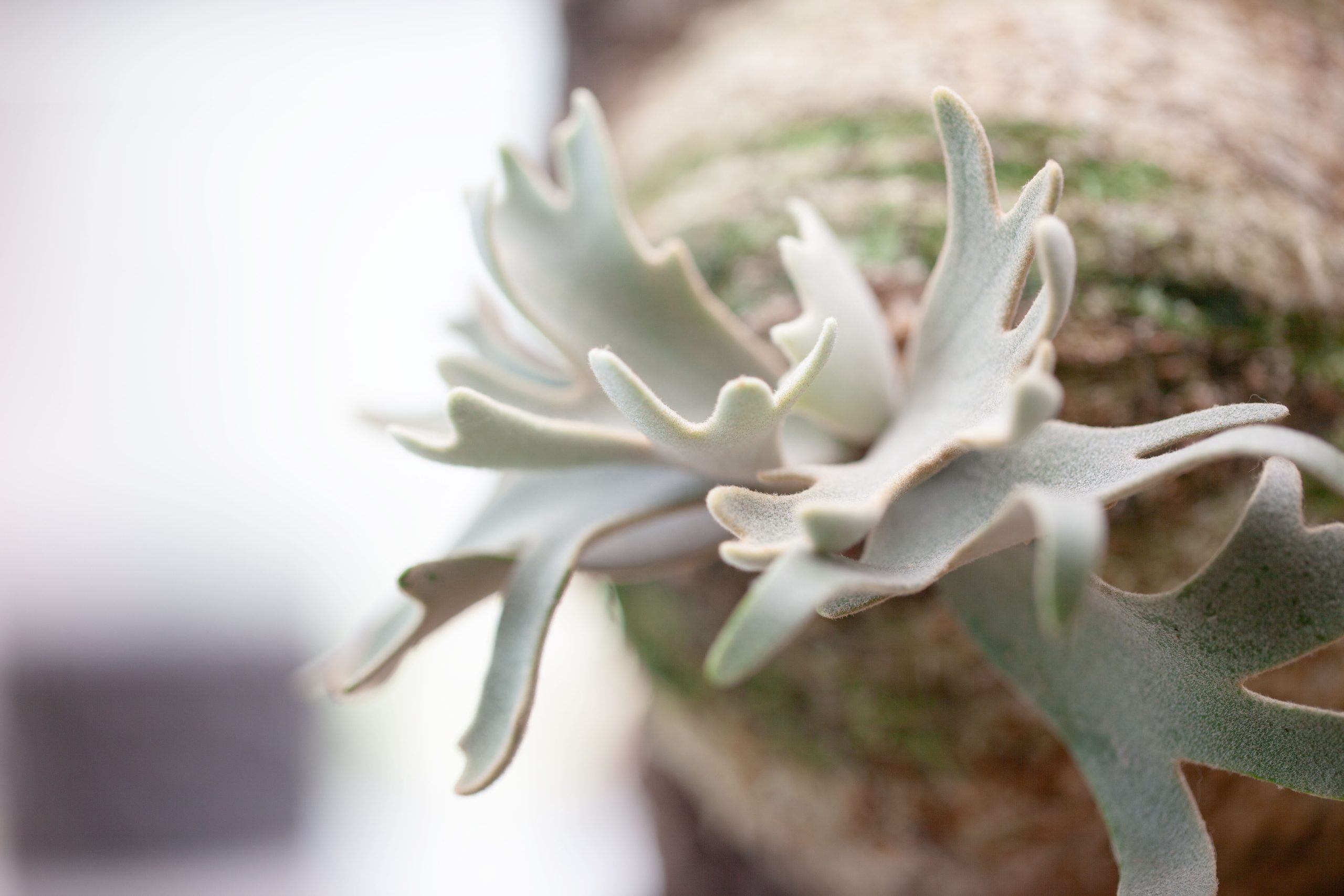
How to Take Care
The Secret Life of Happy Plants
(No. 01)
☀️ Light
Platycerium willinckii ‘Nano’ loves bright, indirect light.
Think filtered sunlight—like what you’d find near a window with sheer curtains or under a tree canopy.
Avoid direct midday sun, as it can scorch the delicate fronds.
If grown indoors, a spot near an east or north-facing window is ideal.
Outdoors (in tropical climates), it thrives in shaded or semi-shaded areas.
(No. 02)
💧 Watering
This little staghorn enjoys moisture, but not soggy conditions. Here’s how to keep it happy:
Water 1–2 times a week depending on temperature and humidity.
Let the mounting medium (like moss or wood) partially dry out between waterings.
In warmer or drier climates, misting the fronds a few times a week helps maintain humidity.
During cooler months, reduce watering frequency.
Always water thoroughly—ideally by soaking the whole mount for about 15–20 minutes, then allow it to drain well.
(No. 03)
🌿 Fertilizing
Feed lightly with a diluted orchid or epiphyte fertilizer every 3–4 weeks during the growing season (spring/summer).
Skip feeding in winter or if the plant is resting.
Avoid getting fertilizer directly on fronds — water/fertilize at the base.
(No. 04)
🌱 Soil / Mounting
Best mounted on wood or grown in a very loose, airy mix if potted (orchid bark, sphagnum moss, and charcoal work well).
Good airflow is essential — do not bury the base or use dense potting soil.
Mimic their epiphytic nature (growing on trees) with vertical mounts if you can.
My Journey
The Green Path I’ve Taken
